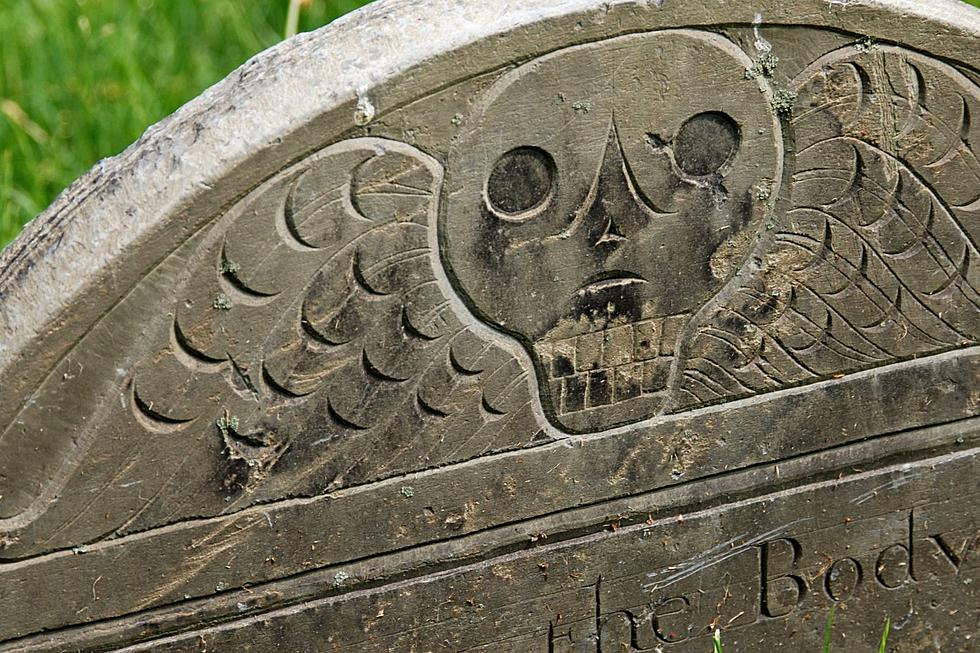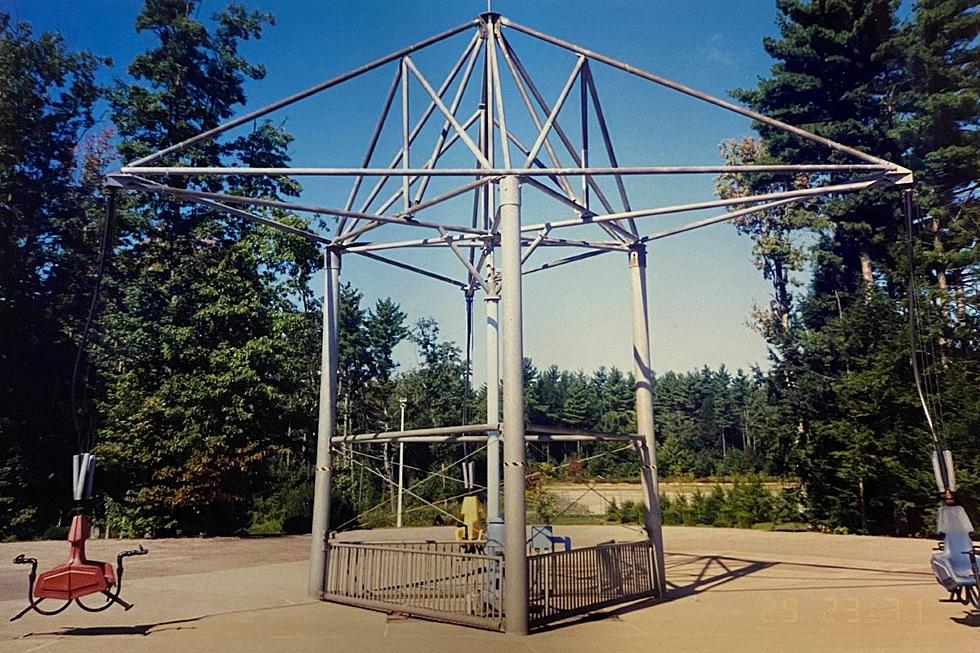
This Catastrophic Trend in Maine Will Likely Spread Elsewhere
Maine has the oldest population in the country, which is nothing new. It's a retirement state that is constantly trying to recruit younger people to come here and join the workforce to keep it going strong.
It might not seem catastrophic at first glance, but when you consider the fact that our aging population needs specific services like caretakers, nurses, and living assistance, when there are fewer and fewer young people to fill those positions.
In some rural areas, almost half of the medical support that does exist consists of doctors and nurses over 55 who plan to retire or cut back on hours in the next decade.
SF Gate reports that this trend will likely spread to other states in the coming years.
Maine crossed the milestone of becoming a "super-aged" state last year, with half of our population being over 65. Within the next 7 years, another 15 states will join our elderly status, meaning they'll struggle with the same issues of not being able to care for the older generation.
The lack of professional support means more families are having to spend more money and time than they can afford taking care of their aging family members, placing undue stress on the existing workforce.
How do we overcome this predicament? Firstly, raising awareness of the problem. Caring for the elderly isn't the "flashiest" of causes to support, and it doesn't look like a catastrophe except to the families who suffer in silence.
Secondly, radically reworking our long-term care systems and implementing proposed solutions faster, suggests Bruce Chernof, president and chief executive of the SCAN Foundation, which advocates on long-term-care issues, in the SF Gate article.
"Left unaddressed, this will be catastrophic. We as a country have not wrapped our heads around what it's going to take to pay for long-term care," Chernof told SF Gate.
More From Q97.9









